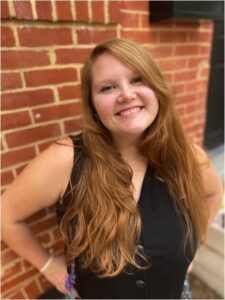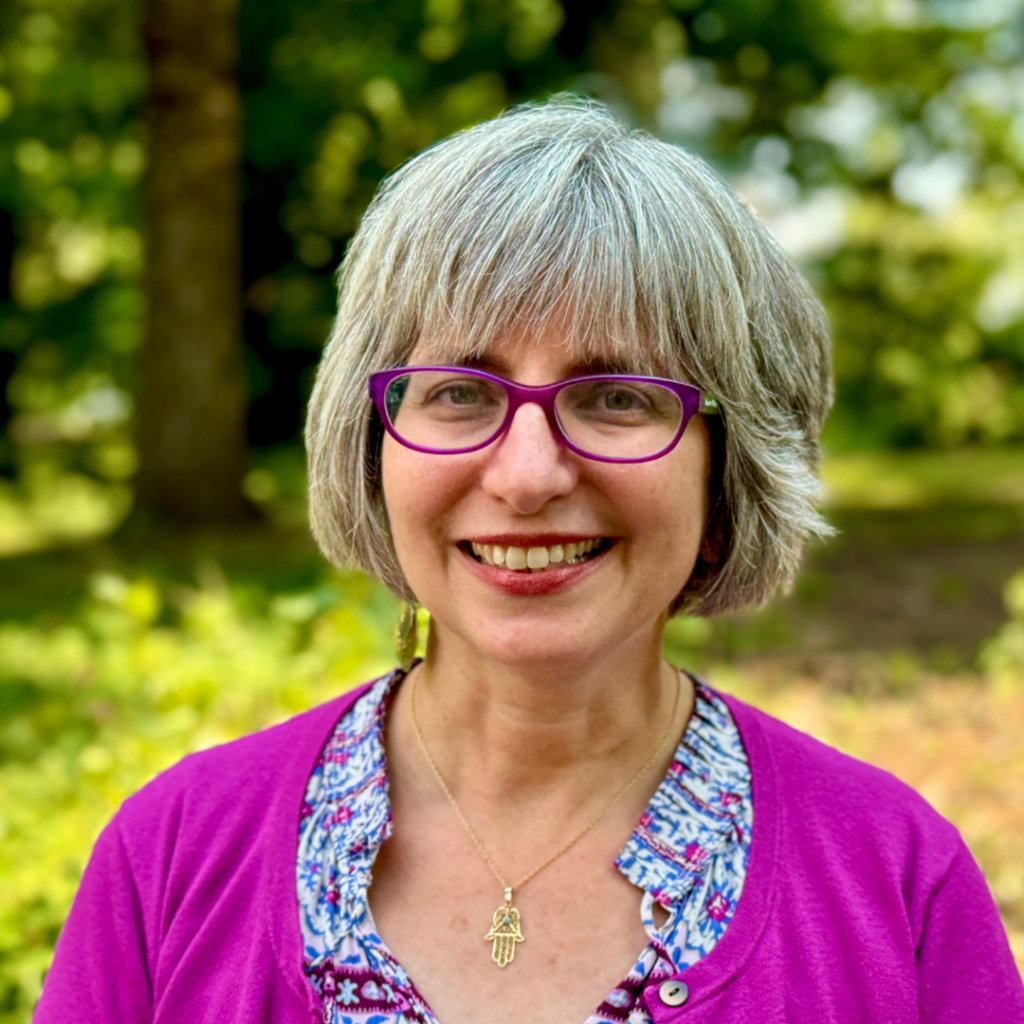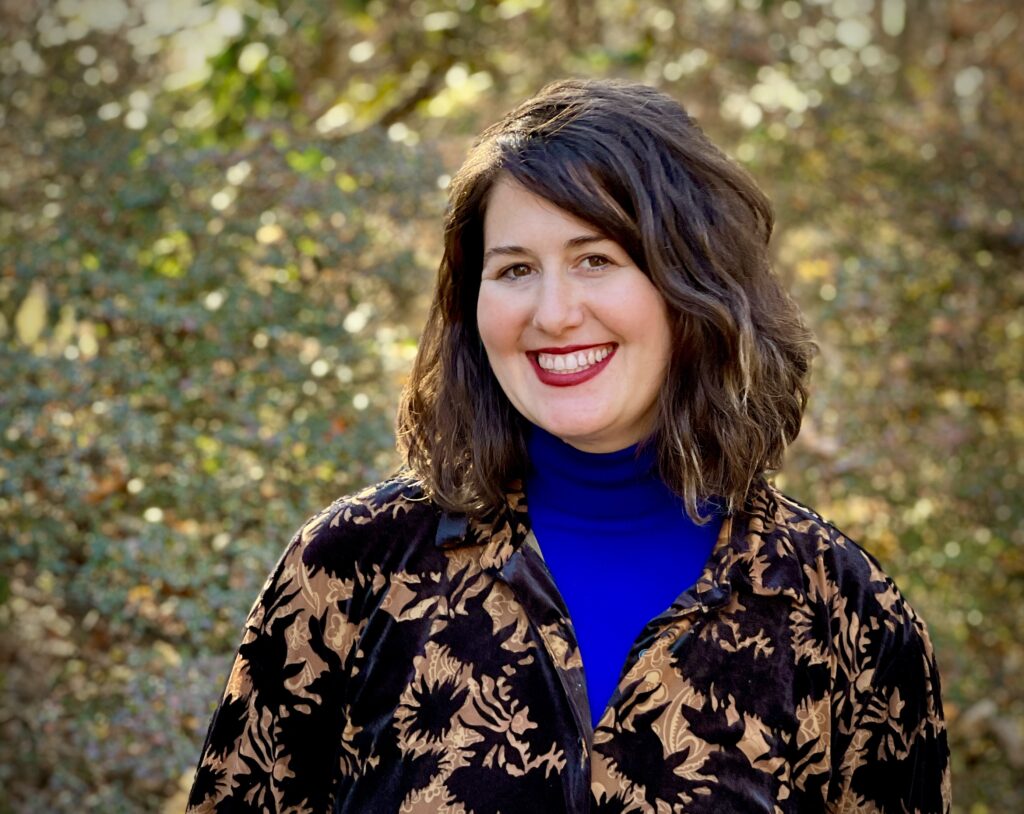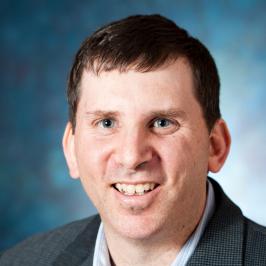
At the start of her studies, Reconstructionist Rabbinical College student Shira Singelenberg didn’t have much interest in training as a chaplain or working in a hospital. Yet she had little choice: RRC requires its students to complete a unit on Clinical Pastoral Education (CPE).
As it turns out, Singelenberg is beyond grateful for the requirement. In fact, after spending this past summer at St. Mary Medical Center outside Philadelphia, she’s even considering chaplaincy post-graduation, at least part-time.
“I didn’t want to do CPE. I was afraid of it,” said Singelenberg, a fifth-year student. “But I don’t know what my rabbinate would look like now if I hadn’t done it. I really loved my experience. It was probably the hardest thing I’ve ever done. It is one of the biggest pieces of my rabbinic formation.”
CPE is a formal, accredited method for training students of all faiths in the art of being a spiritual caregiver. These programs reflect the growing professionalization of the field and are usually offered in healthcare facilities. Chaplains, though, can serve in many settings, including retirement communities, hospices, campuses and prisons, as well in the military and with police and fire departments.
Historically, most American chaplains represented different Christian denominations; however, thought chaplaincy is an increasingly common career path for rabbis and other Jews. According to a 2022 report by Brandeis University’s Chaplaincy Innovation Lab, roughly 1,000 Jewish chaplains work in the United States, many of whom are ordained rabbis and cantors.
CPE contributes to rabbinic formation in so many ways. It joins practical skill-building with deep theological reflection, helping students develop a rabbinic presence.
Rabbi Mira Wasserman, Ph.D.
“Chaplains are trained to meet people where and as they are. Their work is to accompany people during periods of personal transition and during times of social change, like those we find ourselves in now. They often work with people on the margins of a community or of life: religiously, spiritually, geographically and demographically,” the report stated.
In many ways, RRC’s commitment to CPE reflects its holistic approach to rabbinic education. In addition to deep text study, RRC’s curriculum focuses on developing practical rabbinical skills, spiritual development and intensive training in real settings. RRC provides students with stipends to cover the costs of CPE programs.
Rabbi Mira Wasserman, Ph.D., interim vice president for academic affairs, explained that faculty members view CPE as “a hugely impactful experience.” While the requirements ensures that students are exposed to an alternate career path, Wasserman believes that CPE provides students with invaluable skills and experiences that rabbis can later draw upon wherever they work.

“CPE contributes to rabbinic formation in so many ways,” said Wasserman. “It joins practical skill-building with deep theological reflection, helping students develop a rabbinic presence. It offers both a transformative learning experience and a great professional credential.”
Summer break happens to be a popular time for RRC students to complete their CPE requirement, in part because the program is so time-consuming and emotionally intense. During the summer of 2024, for example, 15 RRC students completed the CPE requirement, including Singelenberg.
Learning at a Catholic hospital, Singelenberg interacted with distressed patients and families, and worked alongside doctors, nurses, social workers and other hospital professionals. Nearly every day, she had to stretch herself emotionally and liturgically, sometimes helping patients pray or reflect in overtly Christian language. In fact, for many rabbinical students, CPE is the one time in school they work outside a Jewish setting, interacting with an even more diverse population.
Currently, she lives in St. Louis, serving as the rabbinic intern at Shir Hadash Reconstructionist Community. She’s planning to stay on as part-time rabbi after graduation and will seek additional rabbinic roles. Her CPE experience, particularly her time on the oncology wing, has prepared her for the kinds of pastoral visits she regularly makes in her rabbinic intern role.
“We are learning how to meet someone in their need and put aside our own ego,” she said. “In CPE, you learn how to be curious and how to really listen. You can’t learn those things in class. Those are just skills that you develop with real humans in front of you.”
CPE students learn as part of a group. Together, they engage in formal theological reflection, learning how to draw upon a well of spiritual strength to serve others. One unexpected benefit from CPE was the strong bond that she built with members of her interfaith cohort, including Lutheran, Presbyterian and Roman Catholic student chaplains. The group met for lunch daily, processing their emotions and experiences informally. The members still meet regularly over Zoom.
Anne Prusky, a second-year RRC student, spent the summer of 2024 completing a CPE unit at Lankenau Medical Center, also in suburban Philadelphia. She recalled a young couple being rushed to the hospital after a serious auto accident. At one point, Prusky went back and forth, visiting each of them.
“One of them really wanted to pray; one of them really didn’t. One of them needed a journal, and one of them wanted a coloring book,” said Prusky. “For each of them, knowing that I had been to see the other, I think, was really helpful. Our job is to spend time with patients and families and to make their hospital stay more human. It is a sacred task.”
Like Singelenberg, RRC student Alana Krivo-Kaufman completed a unit of CPE at St. Mary’s. Wanting even more pastoral experience, over the course of 2023-24 she completed three more CPE units at Mount Sinai Beth Israel Medical Center in Lower Manhattan. With four units under her belt, Krivo-Kaufman is now eligible to be a board-certified chaplain, meaning she is qualified to work in almost any setting.
More importantly, Krivo-Kaufman — currently the Cooperberg-Rittmaster Rabbinical Intern at New York City’s Congregation Beit Simchat Torah — gained a plethora of new experiences, including working in the hospital’s gender-affirming care unit. More than once, she sat with an individual who had traveled alone from out of state for gender-affirming surgery.
“Just something as simple as two people talking can really be a vessel to transport and transform a very sterile hospital room,” said Krivo-Kaufman, who, after graduation, hopes to combine chaplaincy with congregational work. “Hospitals can be dehumanizing places. Figuring out the spark of who someone is and how to connect with that spark can be really meaningful.”

The only way to meet the unknown is through always being in a process of learning.
Alana Krivo-Kaufman
More than anything, she learned how to adapt to the totally unexpected — something a rabbi will frequently encounter no matter the setting.
“Are they awake? Are they asleep? Are they terrified? Are they joyful? Are they mourning something that has nothing to do with why they’re at the hospital?” posed Krivo-Kaufman. “It’s stepping into that unknown over and over. The only way to meet the unknown is through always being in a process of learning.”
Additional Resources
Learn more about Field experience at RRC
Learn about RRC’s approach to rabbinic formation
Learn how RRC students and recent graduates are gaining experience in innovation
Learn how RRC faculty are dismantling racism from the inside out
https://evolve.fireside.fm/57






